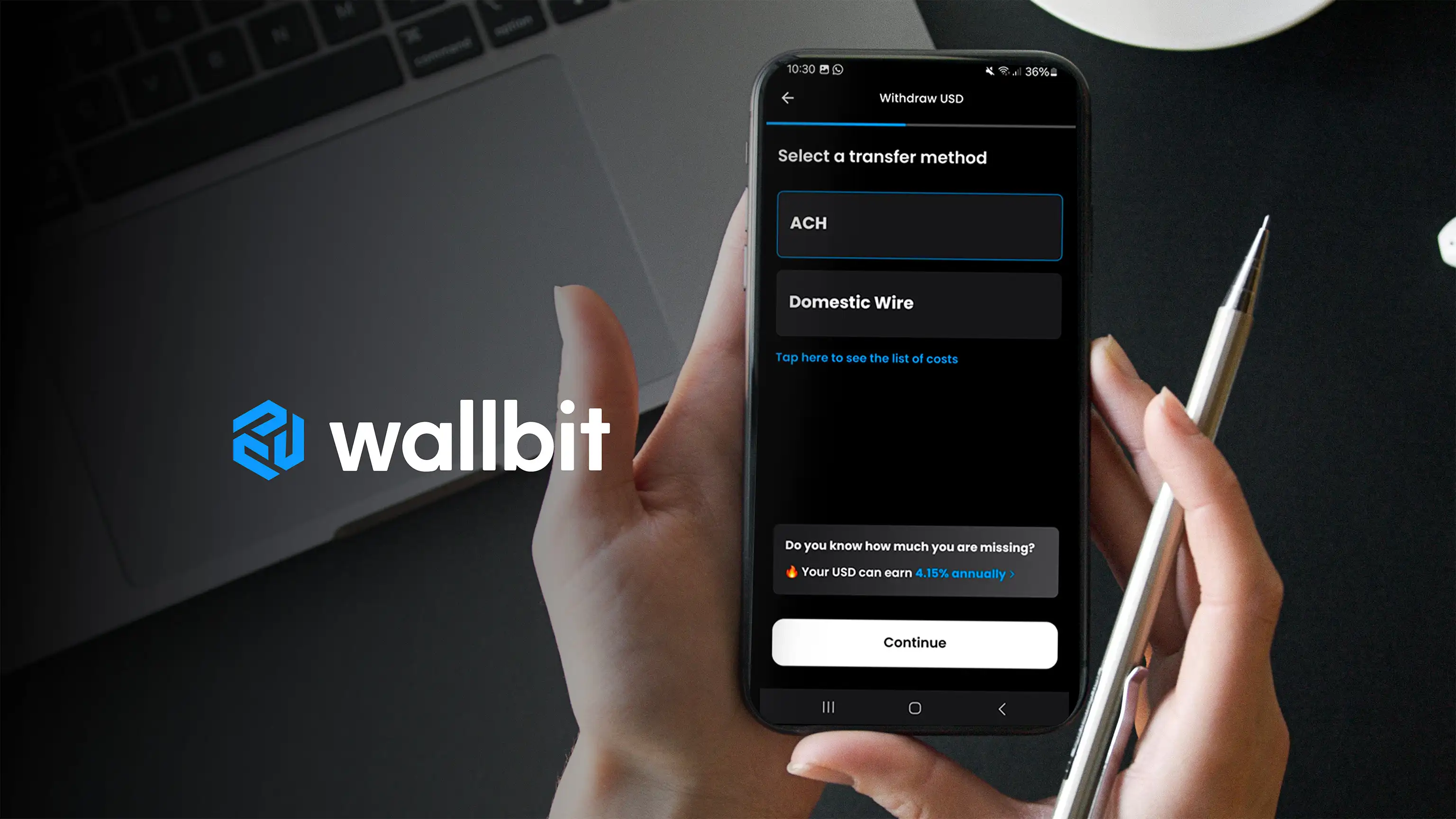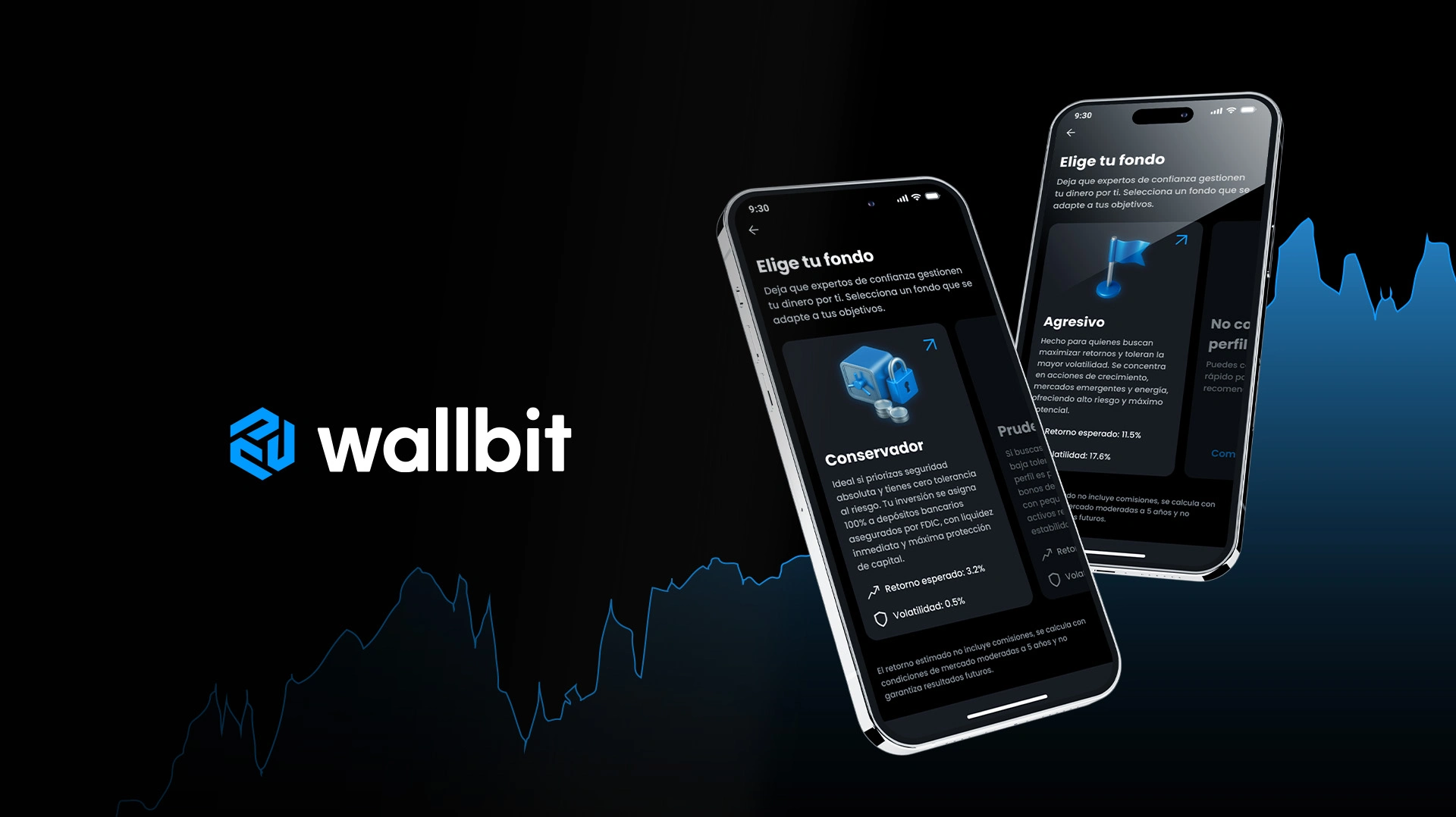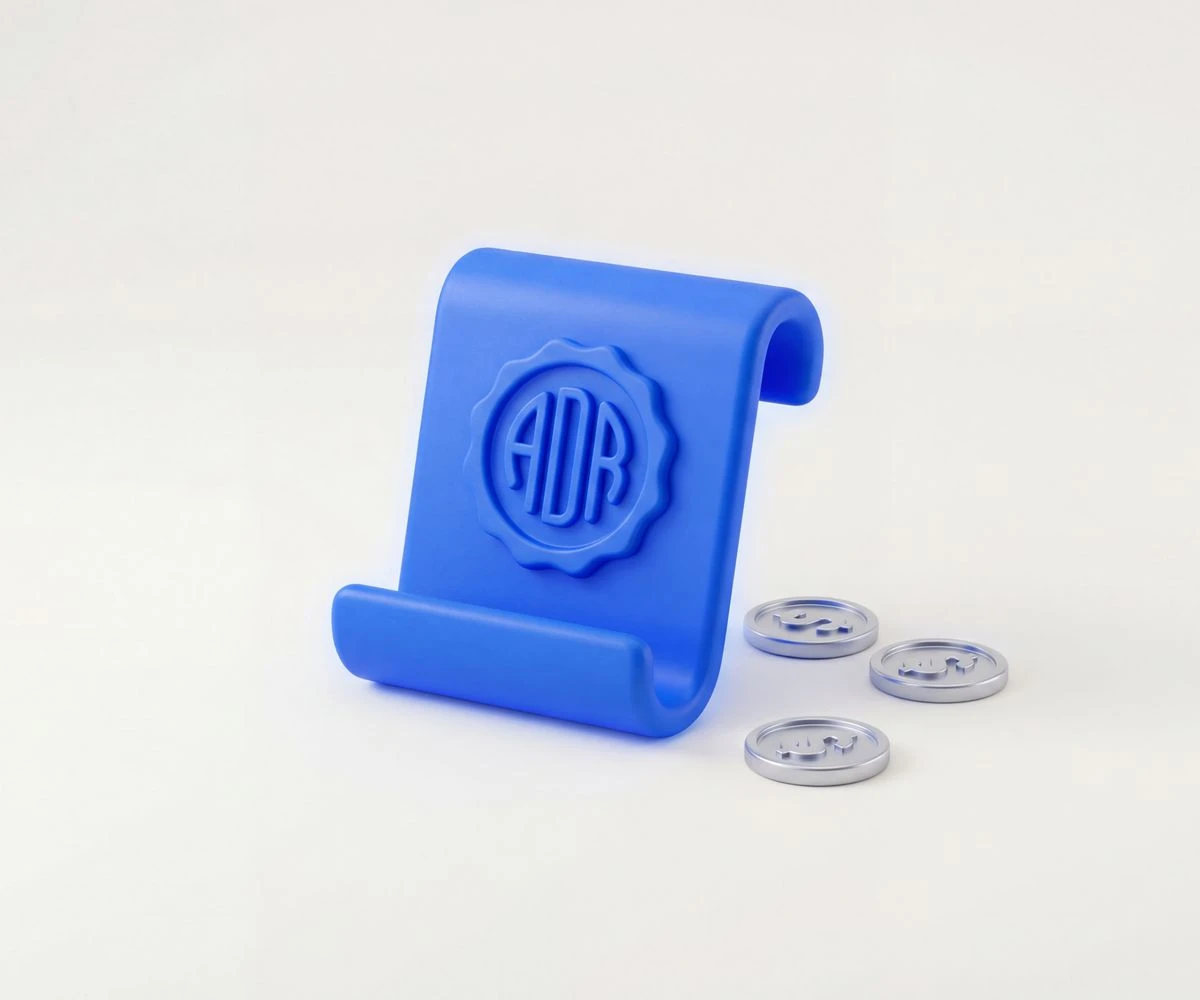If there’s one thing we know at Wallbit, it’s bank transfers. And we know them because we understand what users care about most: how much they cost, how fast the money shows up, and which type of transfer works best for them. That’s why we offer the most affordable service and the fastest processing times on this side of the county.
Now, choosing the right type of transfer really depends on the specific needs of the transaction—speed, amount, security, and purpose all come into play.
As a specialized financial app, we use two main methods to optimize payment flows: ACH and Wire transfers. Each has its own pros and cons depending on what the transfer is meant to achieve.
What’s the Difference Between Wire and ACH Transfers?
Let’s get right to the point: the main differences between these two types of transfers.
To summarize upfront:
- ACH transfers are great for recurring payments where timing is predictable—like payroll. They take longer but cost less.
- Wire transfers are ideal for urgent, high-value payments. They’re faster but more expensive.
With Wallbit, deposits via both types of transfers are free of charge. And if you receive your salary from a business account in an amount equal to or greater than 1,500 USD, you can access the Wallbit Pro program with all its benefits and enjoy a significant reduction in withdrawal fees.
In other apps, costs typically range as follows:
- ACH: Between 0.25 USD and 3.00 USD
- Wire: Between 26 USD and 44 USD
As for speed, processing times may vary:
- ACH: Up to 72 business hours
- Wire: Up to 24 business hours
Comparison chart between ACH and Wire transfers
The following is an overview of the differences between ACH and Wire:
ACH Transfers: For Payments Within the US
ACH transfers—short for Automated Clearing House—are a type of electronic transfer made between banks and credit unions.

They’re used for:
- Direct deposits
- Electronic bill payments
- Business-to-business payments
- E-commerce transactions
- Person-to-person payments
ACH is a U.S.-based system used for all kinds of bank transfers. It was created in the 1970s by the National Automated Clearing House Association (Nacha), which still governs it today.
Today, over 90% of Americans get paid through ACH transfers. In fact, in Q2 of 2025, the volume of ACH transfers increased by 5% compared to the previous year, reaching a total of 23 billion USD.
How Do ACH Transfers Work?
ACH transfers are batch-processed—they’re not executed or credited in real time. Banks and financial institutions collect payment instructions throughout the day, then send them electronically in batches to the appropriate institutions.
International ACH transfers are possible thanks to partnerships with systems like EFT (Canada), SEPA (Europe), BACS (UK), and BECS (Australia).
How Much Do ACH Transfers Cost?
Depending on the institution and transaction type (direct deposit, bill pay, etc.), ACH transfers cost between 0.25 USD and 3.00 USD per transaction.
However, most banks in the U.S. don’t charge fees for ACH transfers today.
At Wallbit, ACH transfers are completely free—you can send and receive funds to and from your account with no fees or hidden charges.
How Long Do ACH Transfers Take?
ACH transfers typically take 1 to 3 business days to process and settle. However, there’s an option called Same Day ACH—managed by the Federal Reserve—that allows same-day processing for an additional fee.
Wire Transfers: Instant Transfers
Wire transfers are a type of electronic transfer executed through a standardized system between two financial institutions—one public and one private: the Federal Reserve’s Fedwire Funds Service and the Clearing House Interbank Payments System (CHIPS).
These systems support transactions such as:
- Sending/receiving funds between your own accounts
- Corporate or personal transfers on behalf of clients
- Settlement of commercial payments
- Clearing between financial institutions
- Compensation agreements
- Sending federal tax payments
- Buying/selling federal funds
Fedwire is a real-time gross settlement system. By the end of 2023, it was handling 110 billion USD in securities accounts at Reserve Banks—up 3.5% from the previous year.
CHIPS, on the other hand, processes about 1.8 trillion USD in domestic and international payments every business day.
What About International Wire Transfers?
To send international wires, a SWIFT code is required. SWIFT (Society for Worldwide Interbank Financial Telecommunication) is a standardized messaging system that allows banks and financial institutions around the world to send and receive payment orders securely.
How Do Wire Transfers Work?
Unlike ACH, wire transfers are processed individually, in real-time, directly between accounts. Once the payment order is issued by a bank or institution, funds are debited immediately and the transaction is final and irreversible.

For international wires, the process starts with a Wire transfer order. The sender’s bank sends a coded SWIFT message to the recipient’s bank, instructing it to credit the beneficiary’s account.
How Much Do Wire Transfers Cost?
Wire transfers are among the fastest and most secure payment methods—but also among the most expensive. Fees typically range from 26 USD to 44 USD per transaction.
At Wallbit, Wire transfers are also free—we don’t charge any fees or commissions when you send your money.
How Long Do Wire Transfers Take?
Wire transfers are executed instantly, but the crediting of funds may take some time depending on bank hours. If submitted during banking hours, the recipient usually sees the funds within a few hours.
If sent late on a Friday, funds may not post until the next business day.
For international transfers using the SWIFT system, it can take up to five business days for funds to appear in the recipient’s account.
At Wallbit, most Wire transfers are credited on the same business day, but depending on timing, they may take up to 72 hours to settle..




